
Loading...
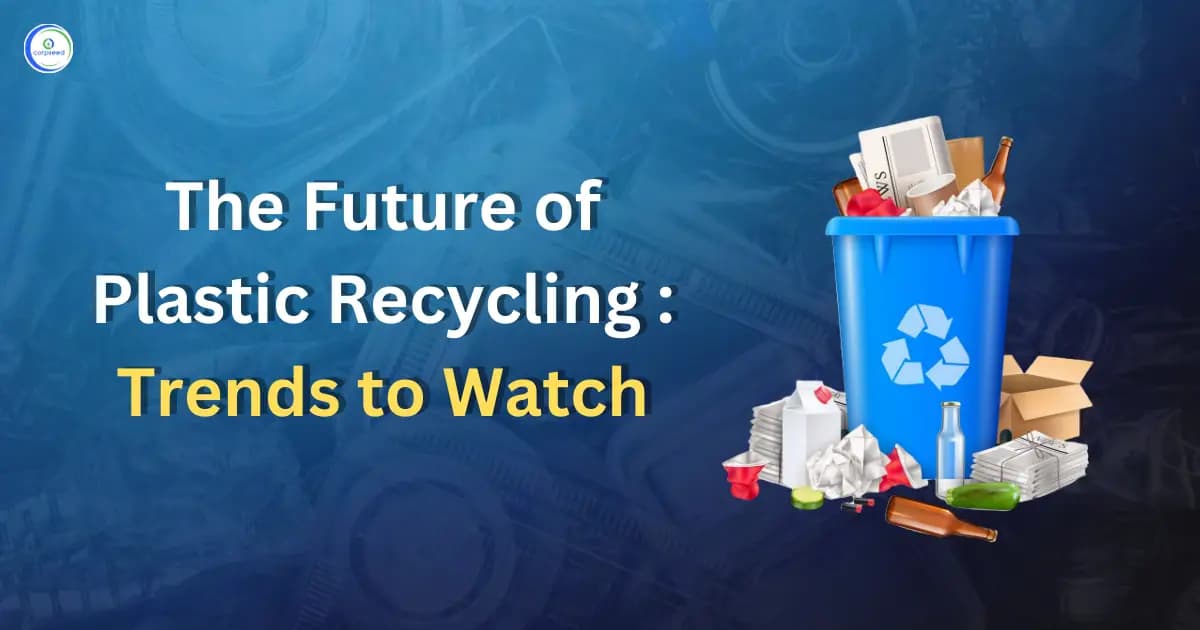
Before discussing future trends in plastic recycling, understanding the current situation has to be crucial. With advancements made in various recycling technologies..
About the Author

An experienced legal researcher with a robust academic foundation in BBA LLB and LLM (Corporate Law), I have distinguished myself through extensive contributions to the field of legal research. My work has been widely published, including research papers, articles, and blogs featured in Hon'ble Justice Publications and various esteemed legal websites. My dedication to excellence in research has earned me multiple awards in research paper presentations and content writing competitions.
In addition to my legal expertise, I am committed to staying informed about the latest trends in content marketing and regulatory changes, ensuring that my writing remains relevant, impactful, and aligned with current industry standards. My work is characterized by a deep understanding of corporate law, a passion for thorough research, and a commitment to producing high-quality, insightful content.
Related articles
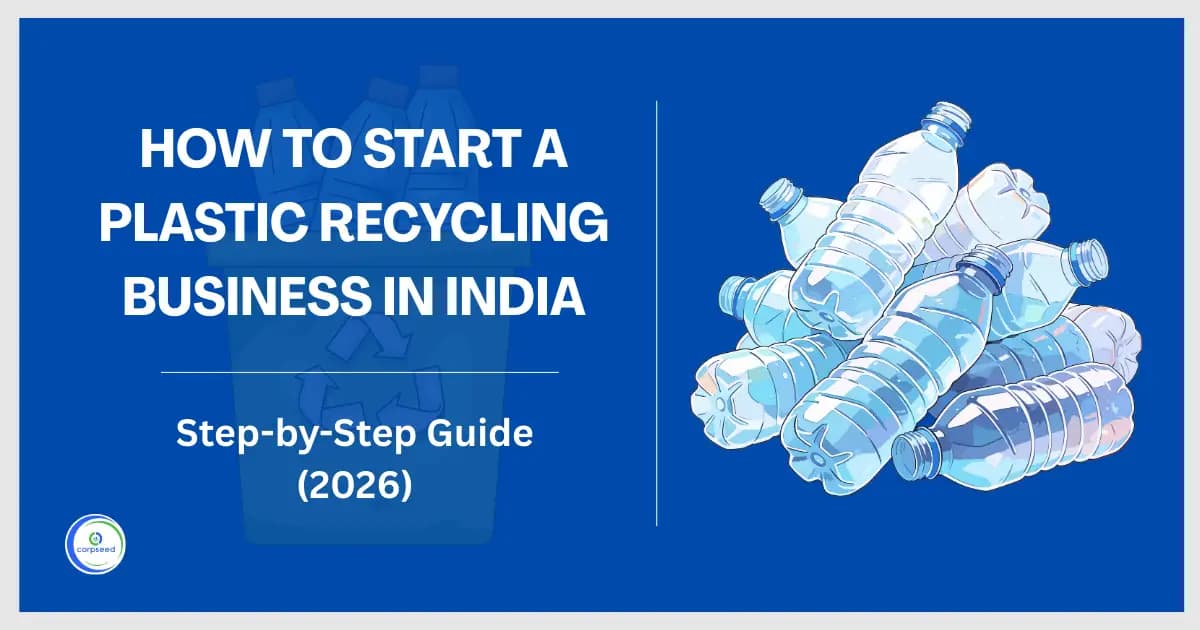
How to Start a Plastic Recycling Business in India: Step-by-Step Guide (2026)
2026-02-05
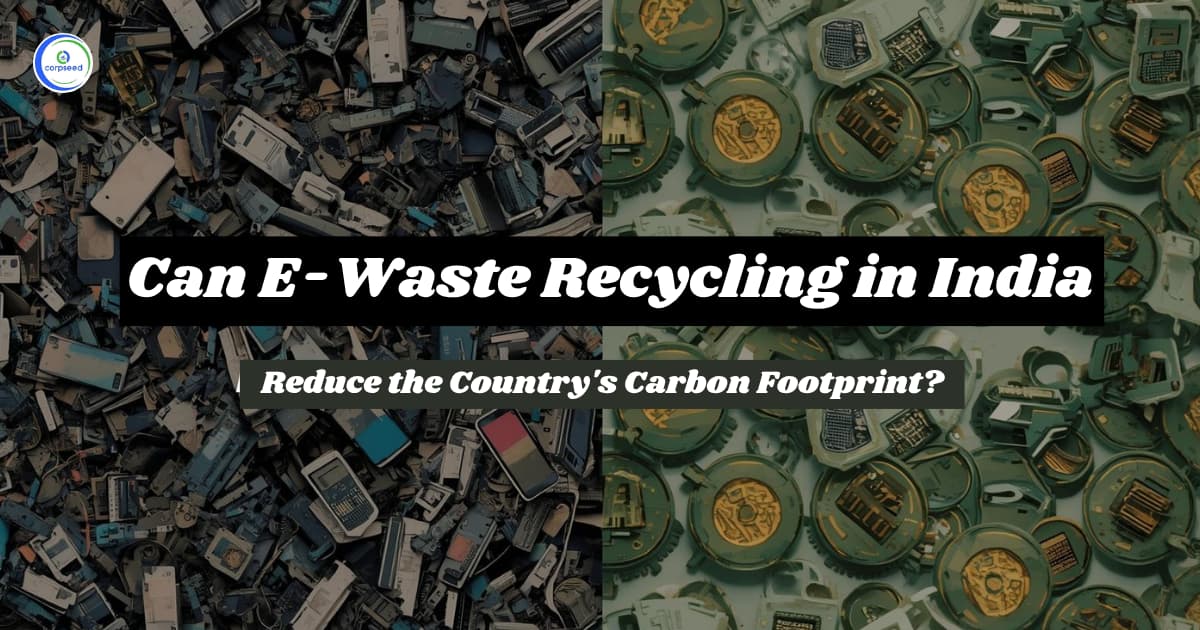
Can E-Waste Recycling in India Reduce the Country's Carbon Footprint?
2025-11-04
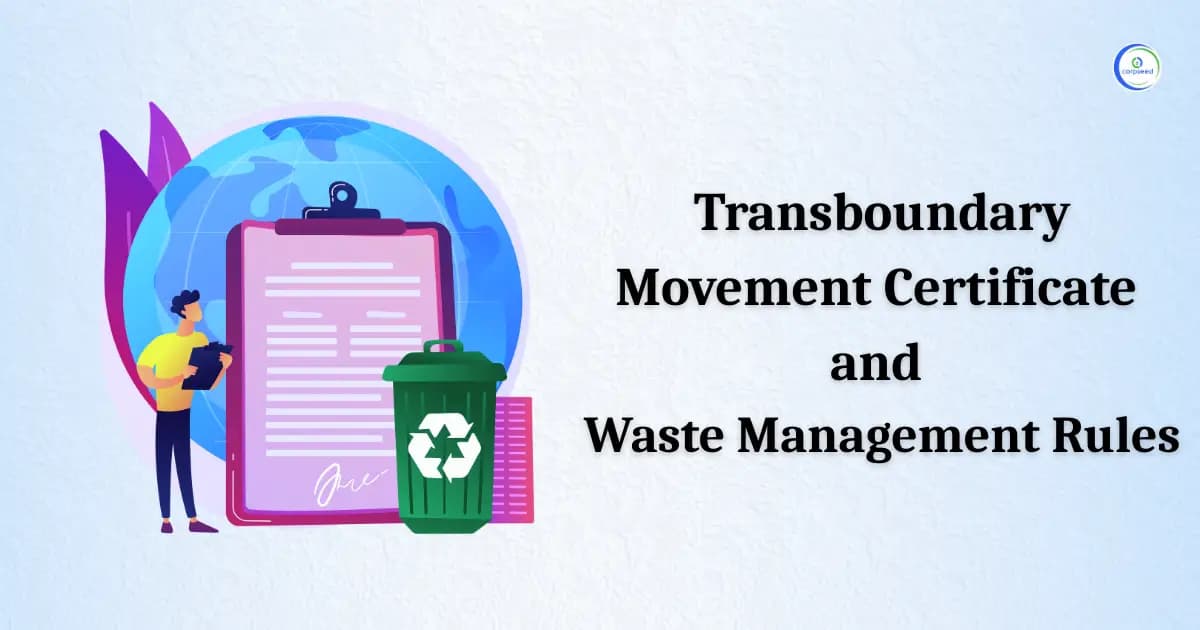
Transboundary Movement Certificate and Waste Management Rules
2025-09-29
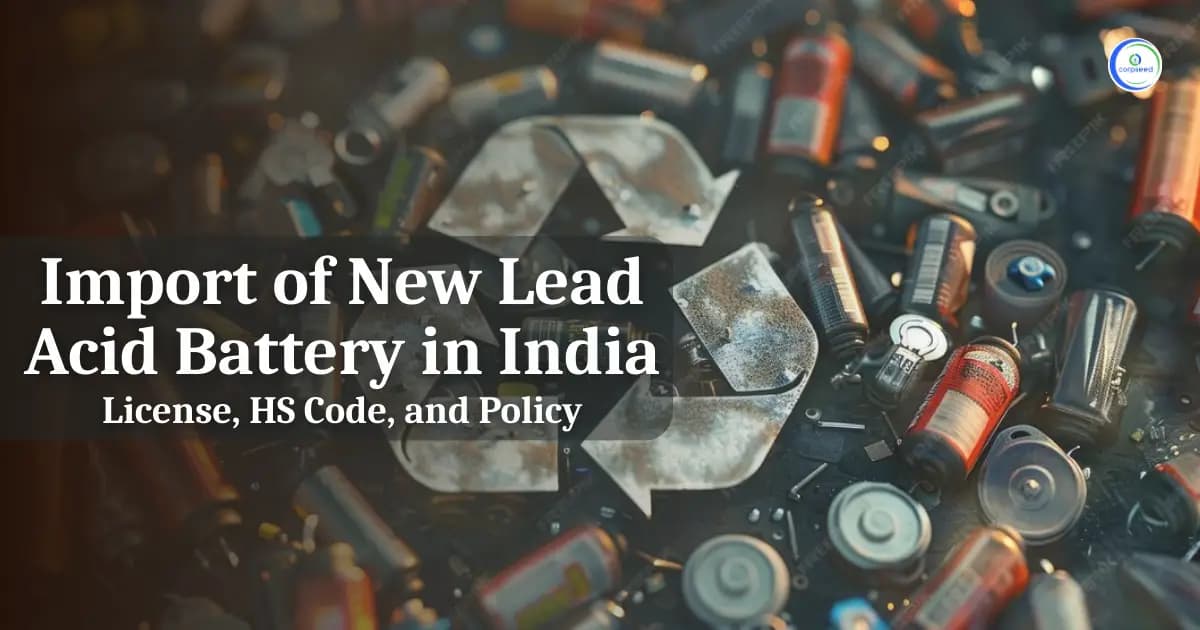
Import of New Lead Acid Battery in India | License, HS Code, and Policy
2025-09-26
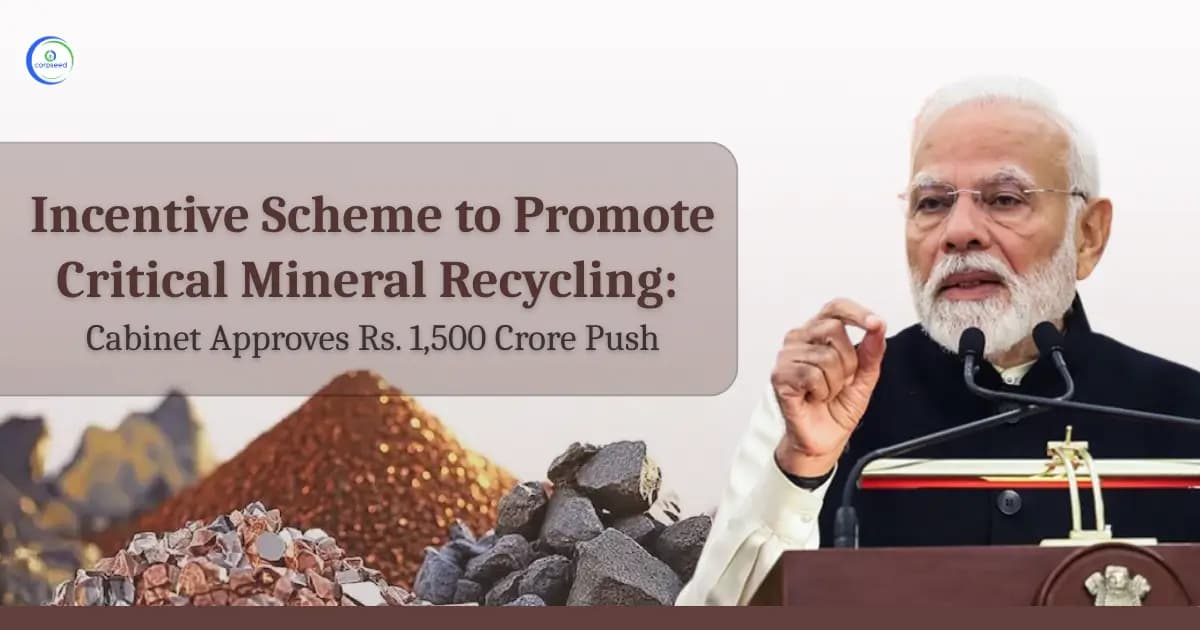
Incentive Scheme to Promote Critical Mineral Recycling: Cabinet Approves Rs. 1,500 Crore Push
2025-09-08
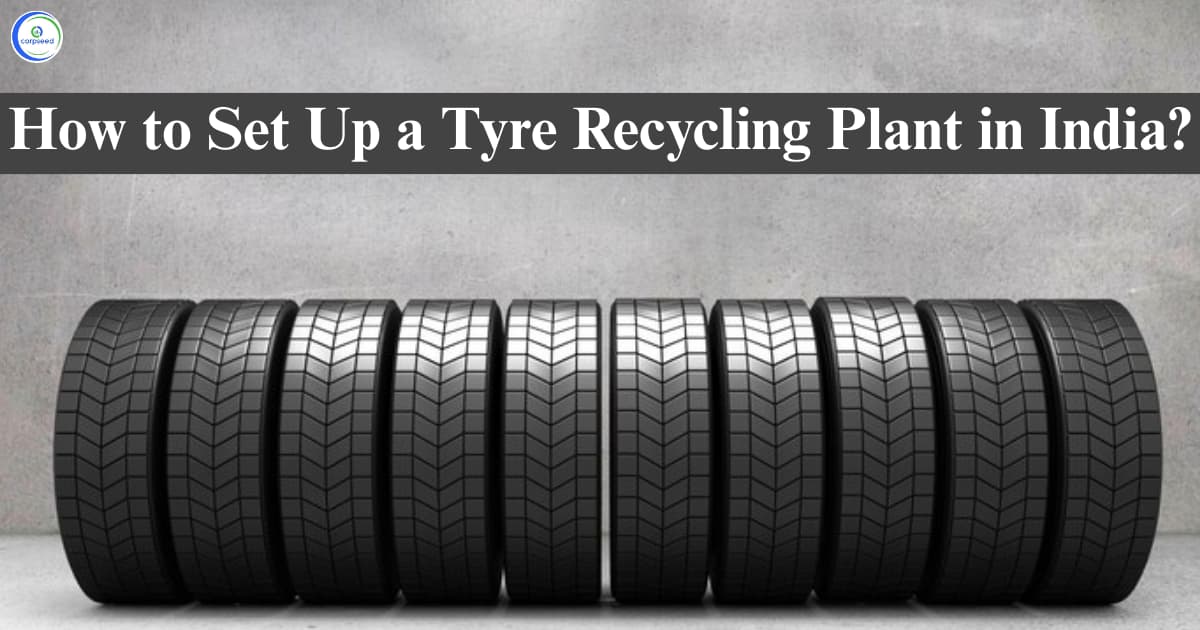
How to Set Up a Tyre Recycling Plant in India?
2025-08-18
Delhi Legal Metrology (Enforcement) Amendment Rules, 2026
2026-02-24 • 0 views
2023-02-27
2026-02-25